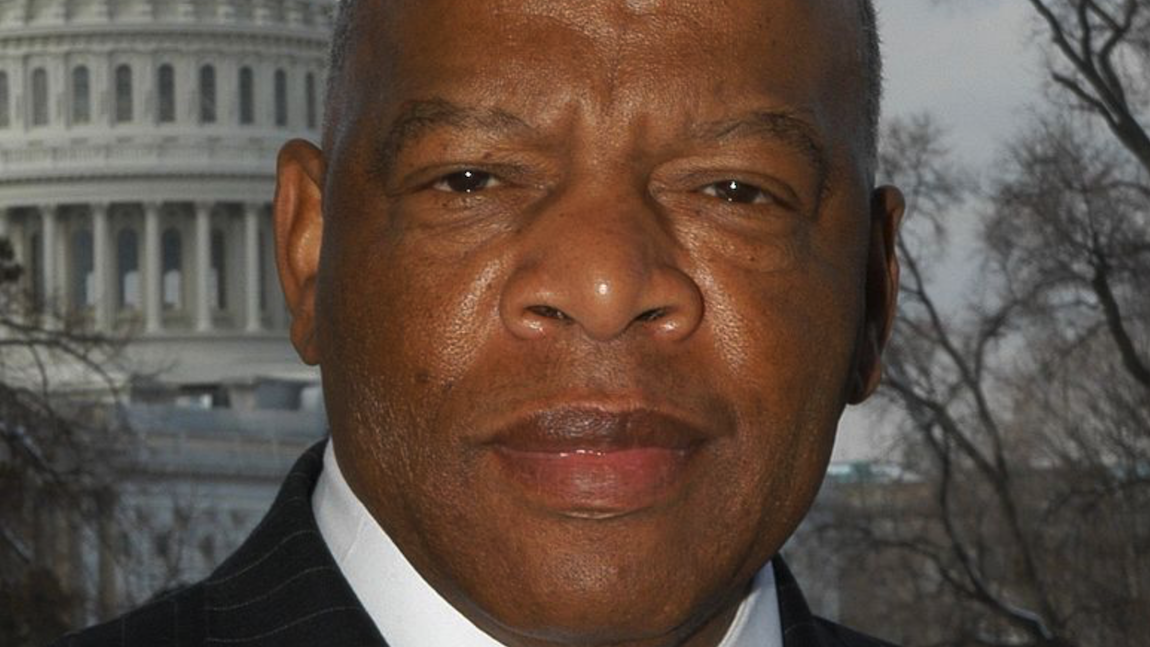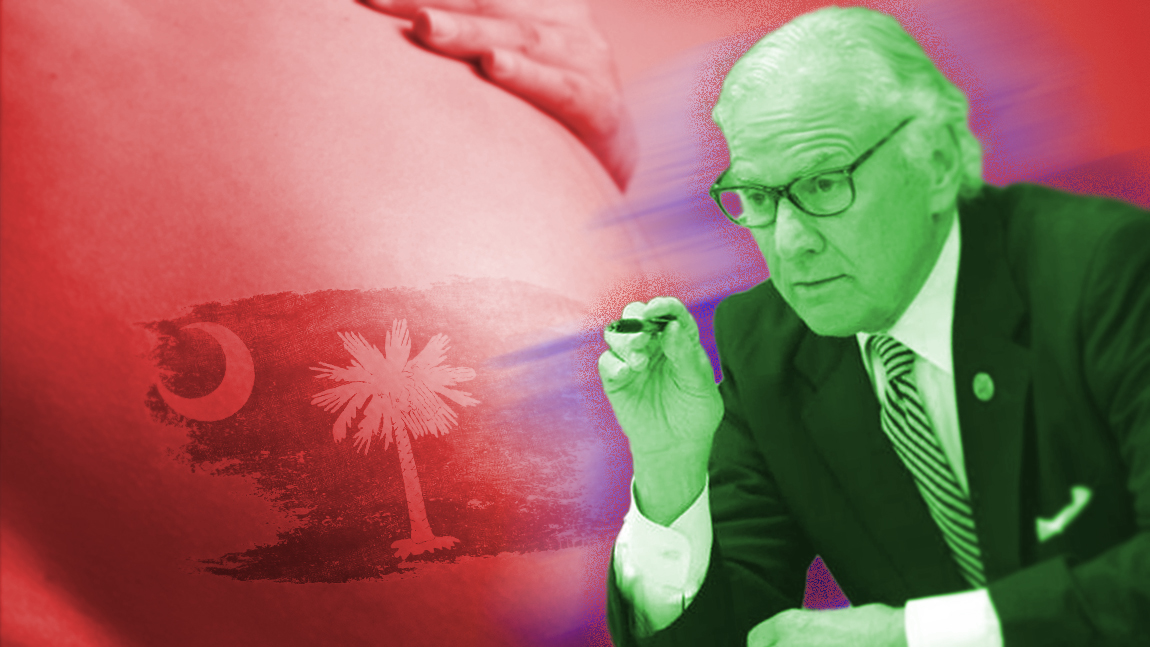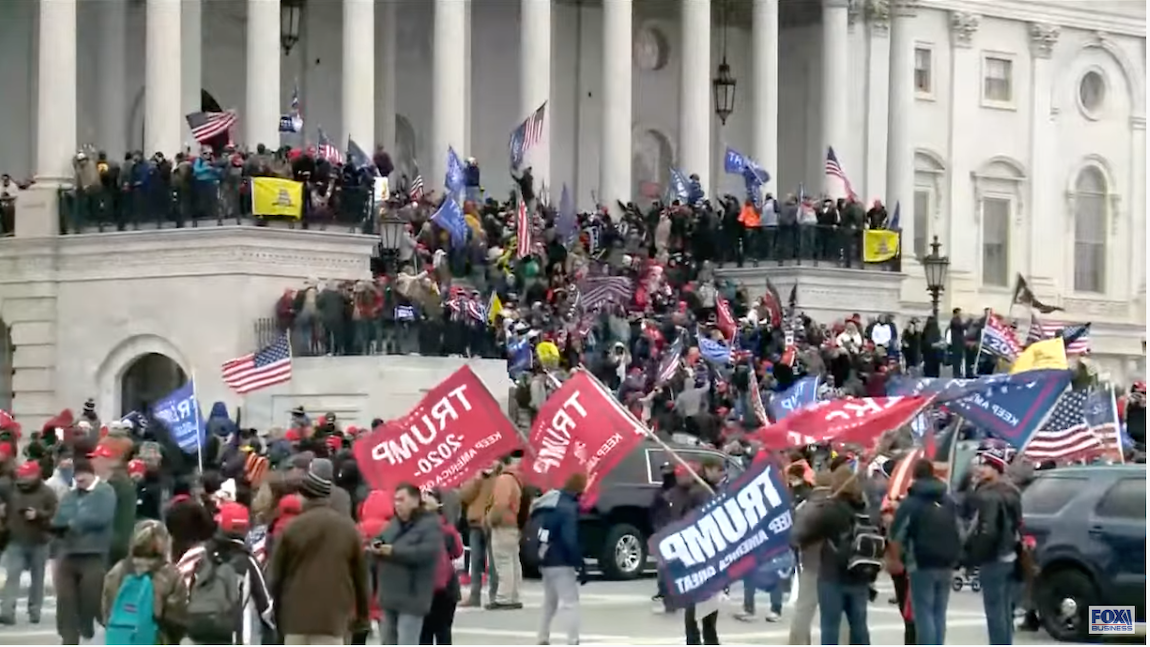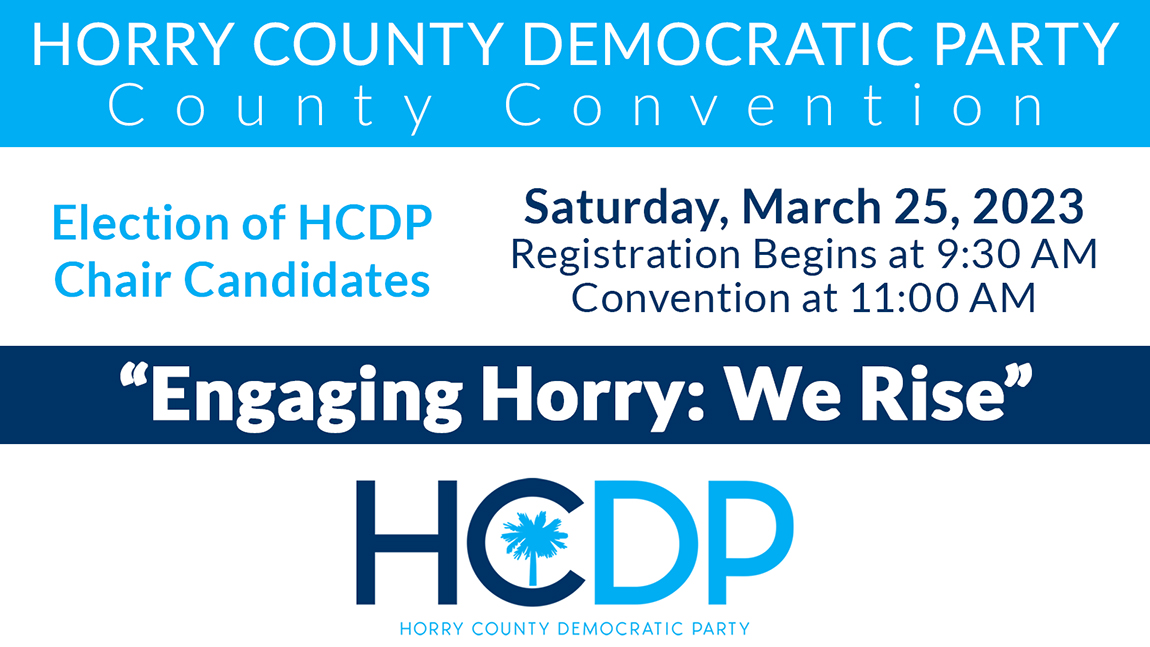By Steve Hamelman
The Man
John Robert Lewis was one of the greatest representatives in congressional history. His achievements were legion, his record of activism peerless.
In 1961 he was an original Freedom Rider.
In 1963 he was one of the speakers at the March on Washington where Martin Luther King, Jr., delivered his “I Have a Dream” speech.
In 1965 he was bludgeoned by police on “Bloody Sunday” while marching from Selma to Montgomery.
Fast forward twenty years: in 1986 he was elected to Congress, where he represented Georgia until his death in 2020.
For decades this champion of the Democratic Party’s vision and values battled discrimination, corruption, and inequality.
The Bill
Lewis’s last major political effort was helping to restore the Voting Rights Act of 1965.
A key mandate (Section 5) of this groundbreaking Civil Rights legislation was “preclearance,” which authorized federal oversight in states wishing to change their election laws.
As summed up in an “Action Alert” issued by the NAACP in July 2020, preclearance required that “certain states or jurisdictions which have an established history of laws or policies which discriminate obtain advance approval . . . from the U.S. Department of Justice or the U.S. District Court for D.C. before they can make any changes to voting practices or procedures” (italics added).
Preclearance was designed to monitor southern states historically inclined to create racist barriers against voting. One of these states was South Carolina.
In 2013, the United States Supreme Court struck down the method used to measure preclearance, deeming it outdated and unconstitutional, while at the same time retaining preclearance in principle. Congress would have to come up with a new way of determining preclearance.
In the words of New York Democratic Senator Charles Schumer, the Voting Rights Act of 1965 had been “gutted” by the high court’s decision.
Same Old Mitch
With this critical element of the Voting Rights Act of 1965 voided by the high court’s 2013 decision, Democrats went into action.
Revised to fulfill the Supreme Court’s recommendation, the bill was introduced under the new name of the Voting Rights Advancement Act of 2019. The House passed it (228-187) in December 2019.
Then the predictable happened.
Senate Majority Leader Mitch McConnell blocked the bill from moving forward for a Senate vote. In his view, the Democratic proposal was based on “voter-suppression nonsense.”
Undeterred, Senator Patrick Leahy of Vermont reintroduced the bill in summer of 2020, renaming it in honor of the deceased John Lewis.
Of the pending legislation Luke Broadwater of The New York Times wrote, “Democrats and civil rights advocates contend that while most overt discrimination—such as poll taxes and literacy tests—are gone, it has been replaced by stricter voting laws and other tactics that have the effect of disenfranchising Black voters.”
But the bill stagnates, waiting for United States Senators to decide whether or not individual states and/or jurisdictions will be able to discourage if not prevent minorities from exercising their right to vote.
What It Means for South Carolinians
While it is true that fair, transparent elections in South Carolina have improved vastly since the dark days pre-1965, the potential for violations is, in the current polarized era of bad-faith politicians and hackable polling technology, far from absent.
Indeed, even though South Carolina does not receive scrutiny in the 82-page document “Democracy Diverted” published by the Leadership Conference Education Fund in September 2019, we share borders with two states that do: Georgia and North Carolina.
More generally, each major political party, reeling from the violence surrounding elections and protest movements during Donald Trump’s reign, has been challenged by right-wing extremists, leaving the body politic and its polling booths open to abuse.
The John R. Lewis Voting Rights Act of 2020 came into being in order to protect the voting process during a turbulent time for all Americans.
South Carolina’s Republican majority seems deaf to this fact.
When the revised bill went before the House in December 2019, our representatives voted along party lines: against it were Republicans Jeff Duncan, Tom Rice, William Timmons, and Joe Wilson; for it were Democrats James Clyburn and Joe Cunningham.
The Horry County Democratic Party’s Position on This Bill
Committed to the principles of Civil Rights represented by the namesake of this critical piece of legislation, and dedicated to safeguarding the rights of all American citizens to vote without facing arbitrary racial-, age-, or ethnic-based restrictions in any stage or aspect of the electoral process, this body supports, and encourages all Americans to support, passage of the John R. Lewis Voting Rights Act of 2020.
John Robert Lewis deserves no less from the citizens of the Republic for whose freedoms he sacrificed so much.






